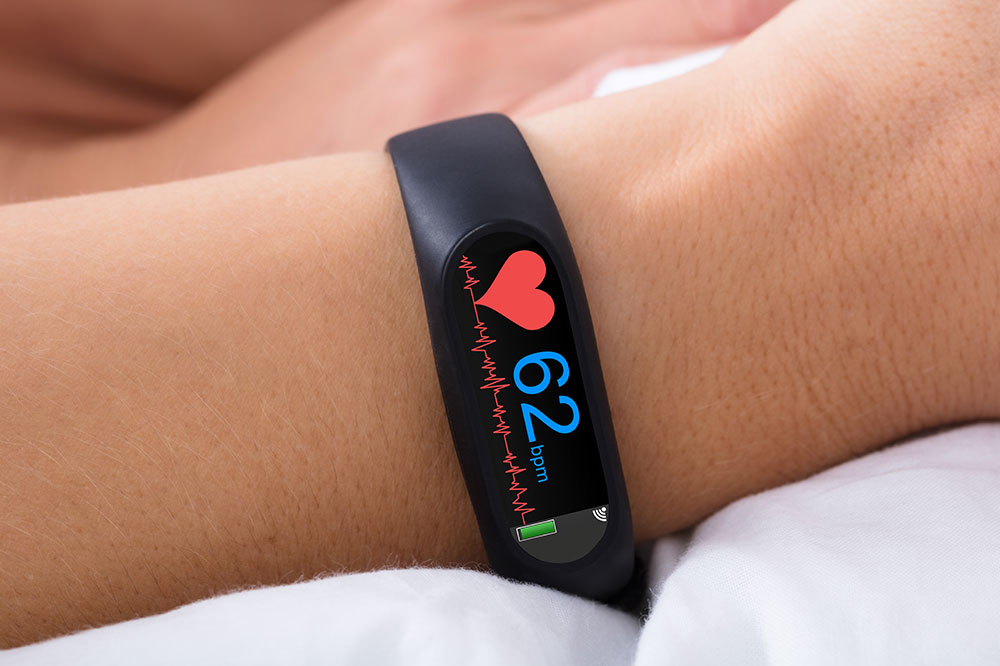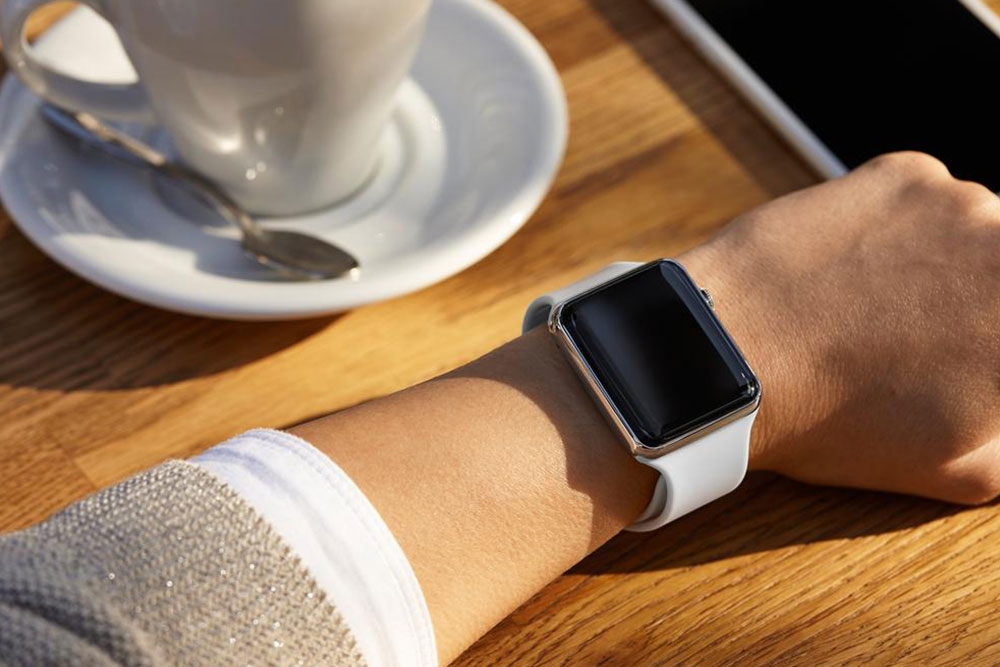Top Six Benefits of Wearable Technology for Health, Fitness, and Daily Life
Wearable devices are revolutionizing health, fitness, and connectivity through innovative features like real-time monitoring, safety alerts, stylish designs, and seamless smartphone integration. This article explores six key advantages of wearable technology, highlighting its impact on daily life, safety, health management, and motivation. With top brands offering diverse options, wearables are becoming essential tools for improving well-being and productivity in modern society. Find out why investing in a wearable device can enhance your lifestyle and health today.

Top Six Benefits of Wearable Technology for Health, Fitness, and Daily Life
In recent years, wearable devices have experienced a remarkable surge in popularity across countless sectors, transforming how we monitor health, stay connected, and enhance overall productivity. Despite their growing presence, many individuals still wonder, "What exactly are wearable devices?" This innovative technology is steadily becoming a staple in everyday life. At their core, wearable devices are versatile, hands-free gadgets designed to be worn comfortably on the wrist, arm, or face, often synchronized with smartphones or other smart devices to deliver a seamless digital experience.
Primarily, these gadgets are celebrated for their ability to track a wide array of health and fitness data, empowering users to make informed decisions about their well-being. Beyond health tracking, wearable devices also serve as intelligent notification hubs, alerting users to calls, texts, emails, and app updates without the need to constantly check their phones. This combination of convenience, health monitoring, and connectivity makes them indispensable tools for modern living.
Across various professional fields, wearable technology is increasingly harnessed to improve efficiency and safety in the workplace. Whether for health management, lifestyle enhancement, or industrial safety, these devices are proving their versatility and value. If you're considering adding a wearable device to your daily routine, understanding its key benefits can help you make an informed decision. Below, we explore six significant advantages that explain why wearable technology continues to gain momentum worldwide.
Enhanced Connectivity and Communication — Wearable devices seamlessly connect to your smartphones, providing instant notifications for incoming calls, messages, emails, and app alerts. This reduces the constant need to check your phone, allowing for more focused work and personal interactions. Certain devices even extend their functionality to control smart home appliances, such as adjusting air conditioning, lighting, or security systems, offering an integrated smart living experience. Additionally, wearables equipped with GPS and location services can help locate lost smartphones, providing peace of mind and added security.
This connectivity feature ensures that users stay informed and responsive without interrupting their activities, whether at work or on the go.
Advanced Health and Fitness Monitoring — One of the most celebrated features of wearable devices is their ability to help users monitor their health proactively. Designed with fitness enthusiasts, athletes, and everyday users in mind, these gadgets can track steps taken, distances traveled, calories burned, heart rate, and sleep quality. Mobile apps paired with wearables provide detailed analytics and trends, helping individuals understand their daily activity patterns and health status. This real-time insights enable users to adjust their routines to reach fitness goals or manage chronic conditions more effectively.
From competitive athletes aiming to optimize performance to individuals seeking a healthy lifestyle, wearable health tech supplies crucial information that can motivate and guide users towards better habits.
Enhanced Safety Features — Safety is a critical benefit of certain wearable devices, especially for vulnerable populations such as the elderly or outdoor enthusiasts. Many wearables come equipped with emergency alerts that can notify pre-selected contacts or emergency services in case of accidents. GPS tracking ensures precise location sharing, which is vital during emergencies or for outdoor activities. Some devices also feature audio transmission capabilities, allowing users to communicate directly with responders or caregivers without needing a separate phone or device. Movement speed and activity tracking also help monitor user safety in dynamic environments or high-risk settings.
This focus on safety makes wearable technology particularly valuable in outdoor sports, elder care, and industrial settings where quick access to help can be life-saving.
Stylish and User-Friendly Designs — Modern wearable devices have transcended their utilitarian roots to become fashion statements. Leading brands focus heavily on aesthetics, creating sleek, colorful, and compact devices that blend seamlessly with everyday attire. Whether as a sports band, a sophisticated smartwatch, or a discreet fitness tracker, these gadgets are designed to be both functional and fashionable. User-friendly interfaces ensure that even non-tech-savvy individuals can easily navigate menus, customize settings, and leverage features with minimal effort.
With a broad choice of designs, colors, and styles, wearables appeal to diverse tastes and preferences, encouraging consistent use and long-term adoption.
Driving Technological Innovation and Healthcare Integration — Wearable devices are at the forefront of technological innovation, benefiting not only individual users but also the healthcare industry. Medical professionals use wearables for remote patient monitoring, managing chronic diseases such as diabetes or hypertension, and delivering timely alerts during emergencies. These devices can gather vital signs and health data continuously, enabling proactive care rather than reactive treatment. Although wider healthcare adoption faces infrastructural and regulatory challenges, ongoing advancements promise a future where wearables play a central role in personalized medicine and disease management.
As technology evolves, wearable health monitors are expected to become more sophisticated, offering more accurate diagnostics and adaptive health interventions.
Motivation and Behavioral Feedback — Staying motivated is often a challenge in maintaining fitness or healthy habits. Wearable technology addresses this by providing real-time feedback, progress tracking, and goal-setting features that inspire users to stay active. As users see tangible progress—such as achieving step goals or improving sleep quality—they gain confidence and motivation to continue. Both athletes and everyday users benefit from this data-driven encouragement, which helps identify strengths, recognize areas for improvement, and foster a sense of accomplishment. Over time, this consistent feedback can lead to healthier behaviors and increased productivity in personal and professional pursuits.
Overall, wearable devices serve as personal coaches, helping users stay committed to their health, fitness, and lifestyle goals with minimal effort.
Major brands like Apple, Fitbit, Garmin, Samsung, Xiaomi, and Polar offer a broad array of wearable devices suited to different needs and preferences. Whether you seek a simple fitness tracker, a feature-rich smartwatch, or a specialized health monitor, there's a wearable device designed for you. Choosing the right device involves considering your lifestyle, goals, and aesthetic preferences to ensure sustained use and maximum benefits.





